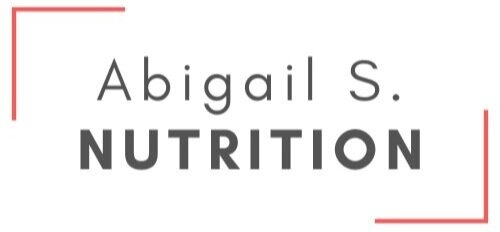Vitamin D supplements - are they necessary?
ICYMI everyone is inside a lot at the moment - thanks COVID-19 - and that probably means a lot less time out and about in the sun, to say the very least. You may have heard that you get Vitamin D from sunshine, but might be wondering why is Vitamin D important and how much do you need? Perhaps you are asking should you be taking Vitamin D supplement? There’s an overwhelming amount of health info out there at the moment, so in the interest of sanity I’ve covered the latest Government advice on Vitamin D so you can be sure you are up to speed.
What’s the big deal with Vitamin D?
Research in the UK suggests that 1 in 5 have a low Vitamin D levels, associated with poor bone and muscle health. Vitamin D has been shown to
support healthy skeleton growth during childhood and adolescence
help form strong tooth enamel and dentine
be beneficial in the prevention of rickets, osteoporosis and osteomalacia
reduce fall risk in the over 50s
improve muscle strength and function in over 50s
Vitamin D also plays a role in supporting immune function, and whilst there have been studies into the role between Vitamin D and the prevention of respiratory tract infections, the results are inconclusive. There is currently no evidence that Vitamin D reduces the risk of COVID-19 but that doesn’t mean it isn’t extremely important in the body for other things.
There are 2 types of Vitamin D - D2 (ergocalciferol) and D3 (cholecalciferol). D2 is made by funghi and plants using UVB, and D3 is synthesised by the skin upon exposure to sunlight. During summer we are able to make enough for the body, however, in the Northern Hemisphere we don’t see enough sun from October to March to meet demands so we need to look at supplements. If you wear a lot of sunscreen, clothing or have dark skin (or are inside during a pandemic) then you may want to consider a supplement all year around.
What are good sources of Vitamin D?
The reality is that there aren’t many reliable food sources that naturally contain D2 or D3 aside from oily fish and eggs. However, there are plenty of fortified foods out there - plant milks, yoghurts, cereals, low-fat spreads and baby formulas. These should be taken into consideration when adding a supplement, as the recommended/safe intake is the total of these together.
How much Vitamin D should I take?
With the Government instruction to stay at home, the advice on supplementation has been extended to include those who aren’t getting out and about as much as they might usually. You can check these updates on the NHS website.
The recommended nutrient intake (RNI) is:
Aged 4 and up - 10 micrograms per day (micrograms may be written µg or mcg). This is equivalent to 400IU (international units) depending on the manufacturer. This advice includes those who are pregnant.
For those under 4, there isn’t enough research to set a recommendation so a safe intake has been set as a precaution:
Aged up to 1 year (including exclusively and partially breast-fed) in the range 8.5-10 µg/d (340-400 IU/d)
Aged up to 4 years 10 µg/d (400 IU/d).
These safe intakes include all dietary sources.
Supplements don’t need to be expensive, they are widely available in supermarkets just check that they contain the amount you are looking for. It can be bought on its own, or in a combination. If you already take a multivitamin, check how much Vitamin D is in it - you might already be covered.
So - should you take a Vitamin D supplement?
If you are inside more than usual, then the current advice is to supplement with Vitamin D. Hopefully if we get out of lockdown anytime soon we can go back to enjoying the sunshine, and not have to worry about it until October!
This and all other content is intended as information only and does not constitute, nor is a substitute for, individual advice from your Healthcare Professional

